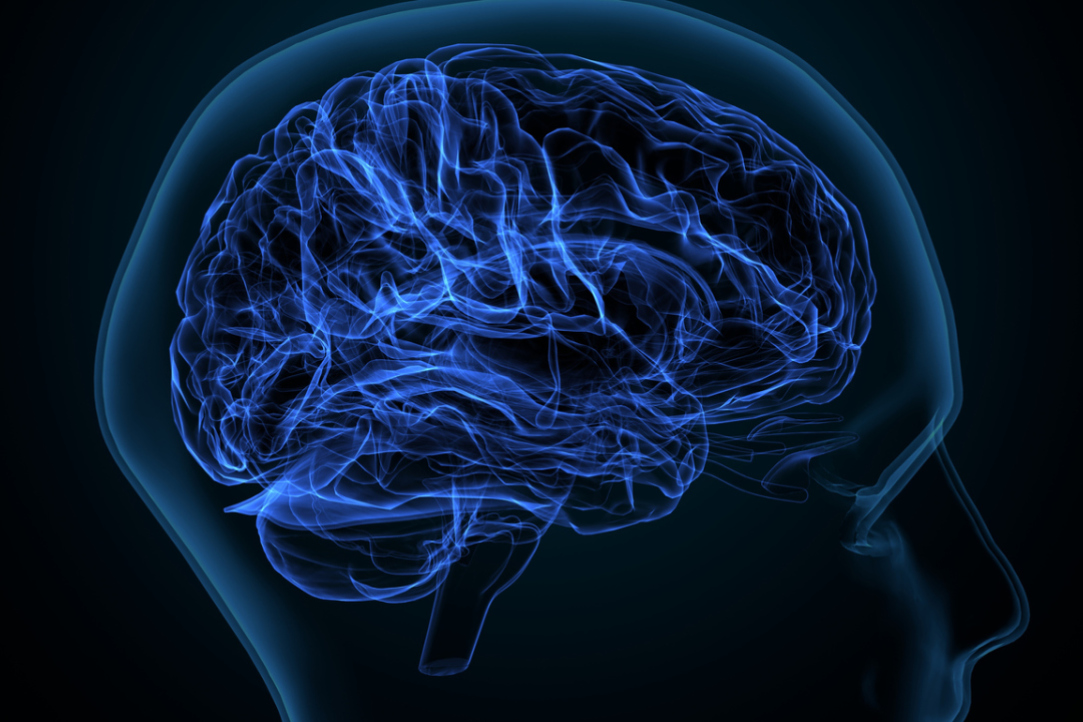
Corpus Callosum Found to Switch Off Right Hemisphere During Speech
A study by the HSE Centre for Language and Brain has confirmed the role of the corpus callosum in language lateralisation, ie the distribution of language processing functions between the brain's hemispheres. The authors came up with an innovative language task for their study subjects and applied advanced neuroimaging methods to the data collected. A paper on their findings has been published in PLoS ONE. The research was financed by a grant from the Russian government as part of the 'Science and Universities' National Project.
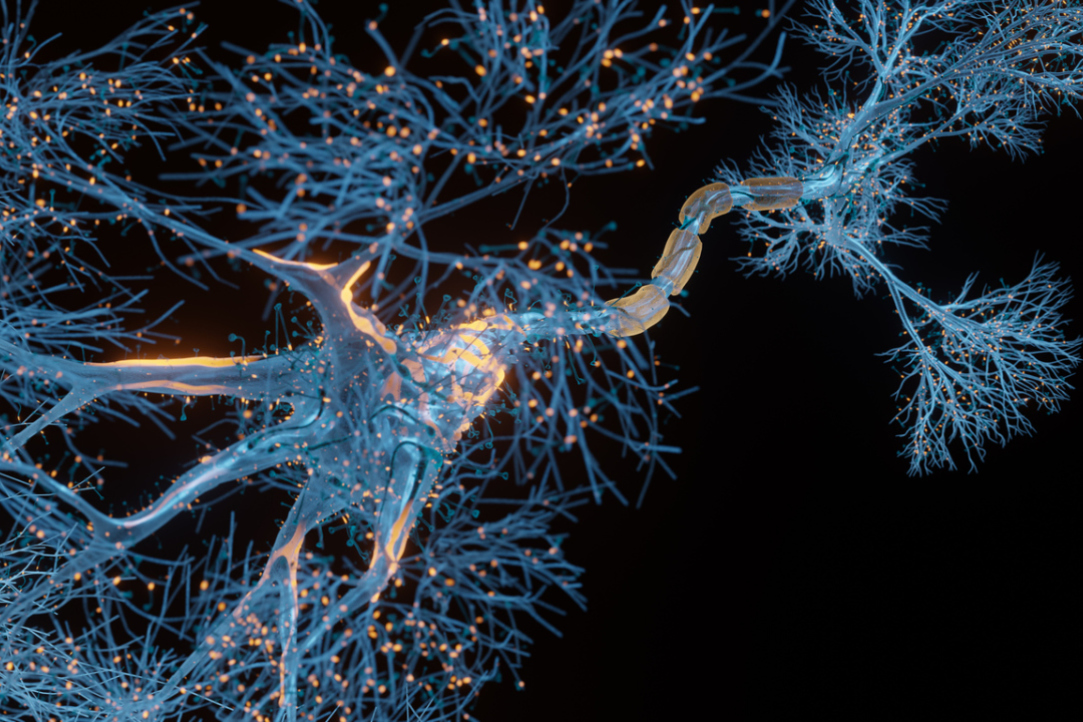
Ketamine Found to Increase Brain Noise
An international team of researchers including Sofya Kulikova, Senior Research Fellow at the HSE University-Perm, found that ketamine, being an NMDA receptor inhibitor, increases the brain's background noise, causing higher entropy of incoming sensory signals and disrupting their transmission between the thalamus and the cortex. This finding may contribute to a better understanding of the causes of psychosis in schizophrenia. An article with the study’s findings has been published in the European Journal of Neuroscience.
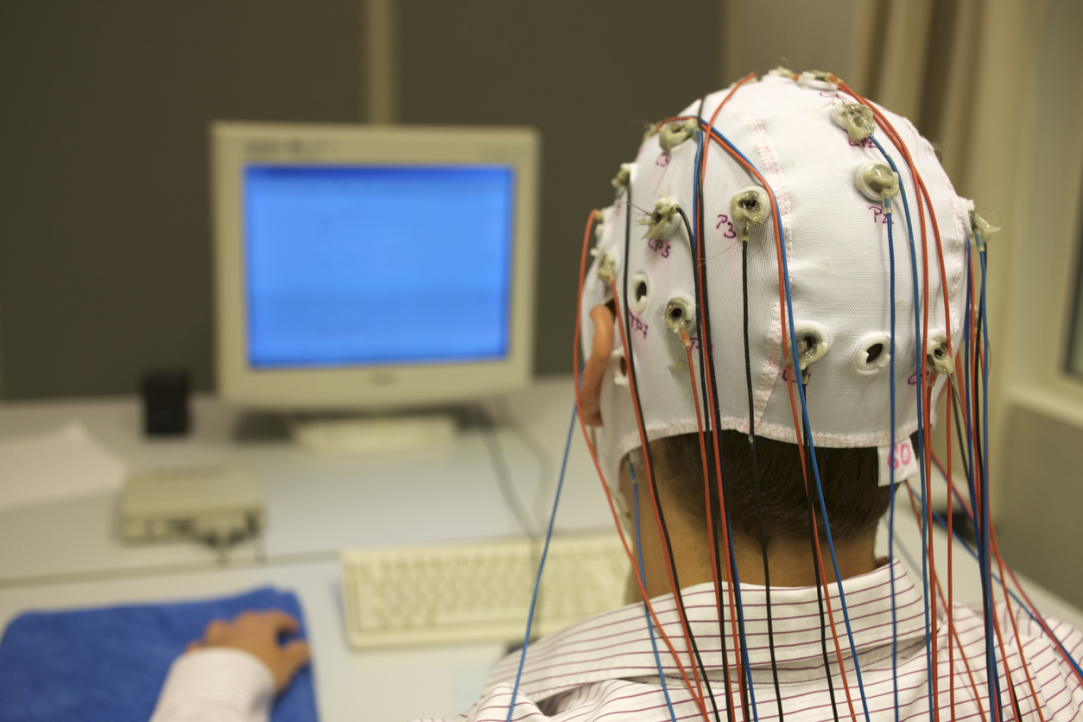
Speech Register Switching Causes Brain to Struggle with Comprehension
According to researchers at the HSE Centre for Language and Brain, processing a word which is markedly different in style from the rest of the sentence uses the same brain mechanisms as making sense of a semantically incongruent word. These mechanisms reflect the brain’s efforts to process an unexpected term. The study findings have been published in the Journal of Neurolinguistics. The research was financed by a grant from the Russian Government as part of the 'Science and Universities' National Project.

Only Left Hemisphere Involved in Action Naming
An international team including researchers from the HSE Centre for Language and Brain and the HSE Institute for Cognitive Neuroscience have demonstrated the critical role of the left, but not the right, inferior frontal gyrus in action naming. The study findings are published in Brain Structure and Function.
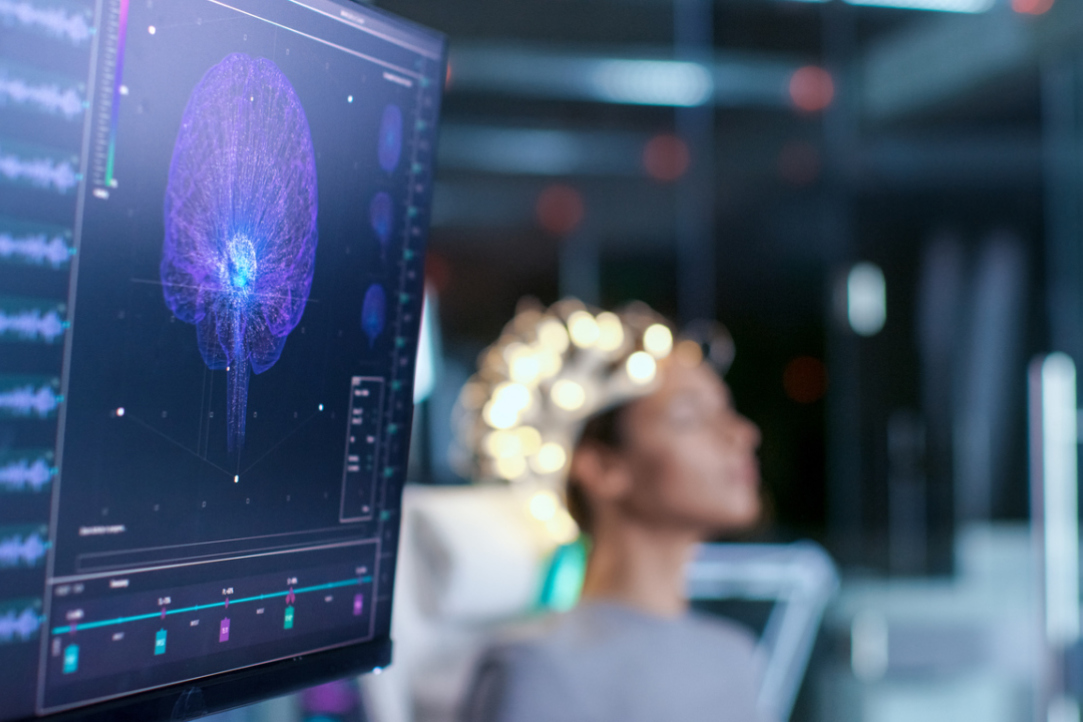
Machine Learning Predicts Epileptogenic Activity from High-Frequency Oscillation Rates
In an innovative study, researchers from HSE University, RAN Institute of Linguistics, and the National Medical and Surgical Centre named after N.I. Pirogov measured and analysed high-frequency oscillations (HFO) in different regions of the brain. An automated detector predicted seizure outcomes based on HFO rates with an accuracy rate of 85%, and by applying machine learning, made it possible to distinguish between epileptogenic and non-epileptogenic HFO. The study’s findings are published in Frontiers in Human Neurosciences.
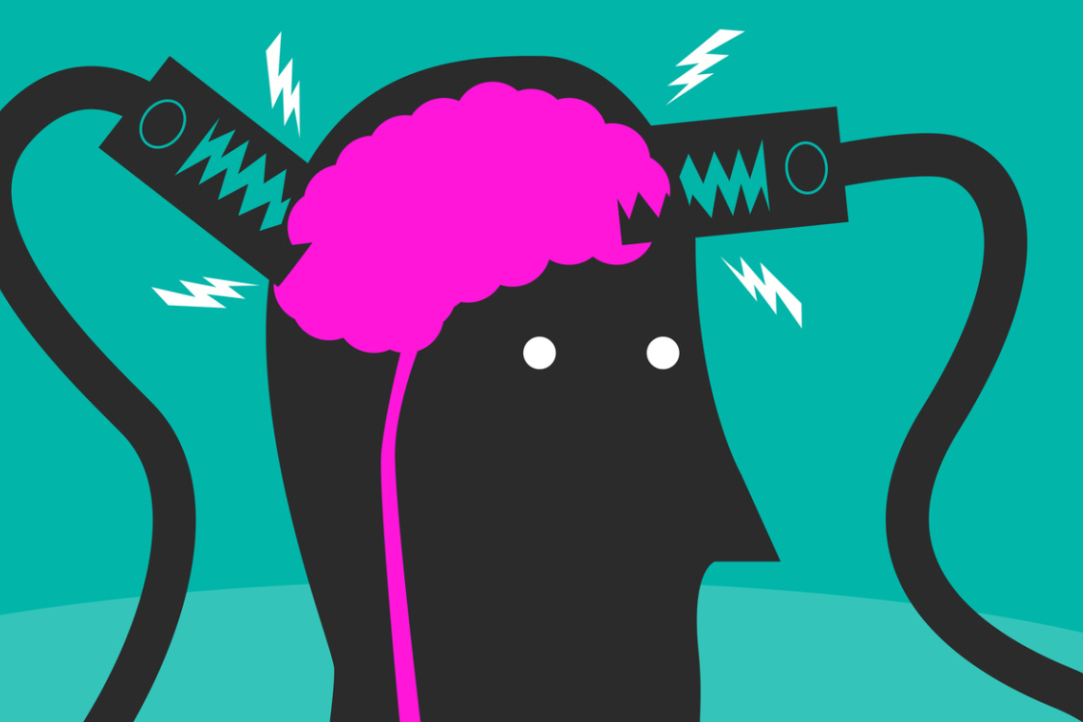
HSE Researchers Caused People to Behave Less Rationally by Suppressing Activity in Specific Parts of the Brain
Researchers at the HSE Institute for Cognitive Neuroscience have shown experimentally that magnetic stimulation of the prefrontal cortex of the brain causes test subjects to act less rationally, changing how they assess possible outcomes at the moment they make risky decisions. The scientists believe that the discovery will provide a better understanding of the mechanisms that give rise to gaming addiction. The results of the study were published in the journal Scientific Reports.

Brain Found to Simultaneously Process Linguistic and Extralinguistic Information
An international team of scientists from the UK, Spain, Denmark and Russia (including researchers from the HSE Institute for Cognitive Neuroscience) conducted an experiment demonstrating that people automatically integrate extralinguistic information into grammatical processing during verbal communication. The study findings were published in the Scientific Reports Journal.
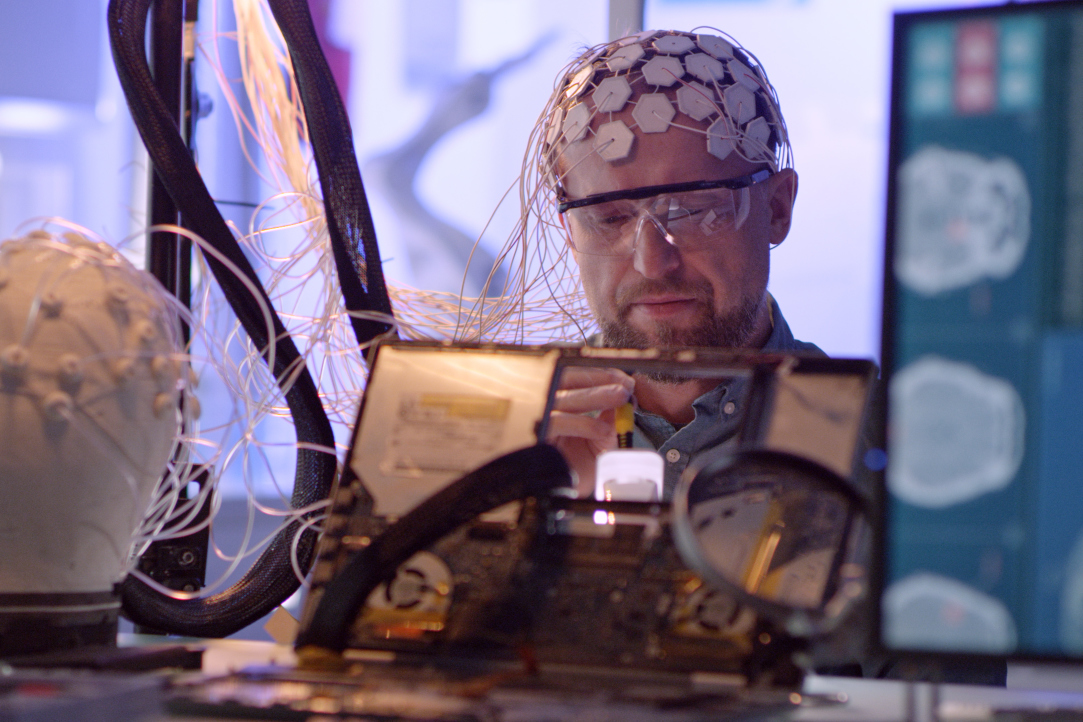
Early-Career HSE Researchers to Attend Neuroscience School
Two of the winners, Konstantin Sorokin, doctoral student and visiting lecturer of the HSE Faculty of Computer Science and research assistant at the HSE International Laboratory of Algebraic Topology and its Applications, and Daria Kleeva, doctoral student of the HSE Faculty of Social Sciences and research assistant at the HSE Institute of Cognitive Neuroscience Centre for Bioelectric Interfaces, spoke to the HSE News Service about why attending the School matters so much for them.
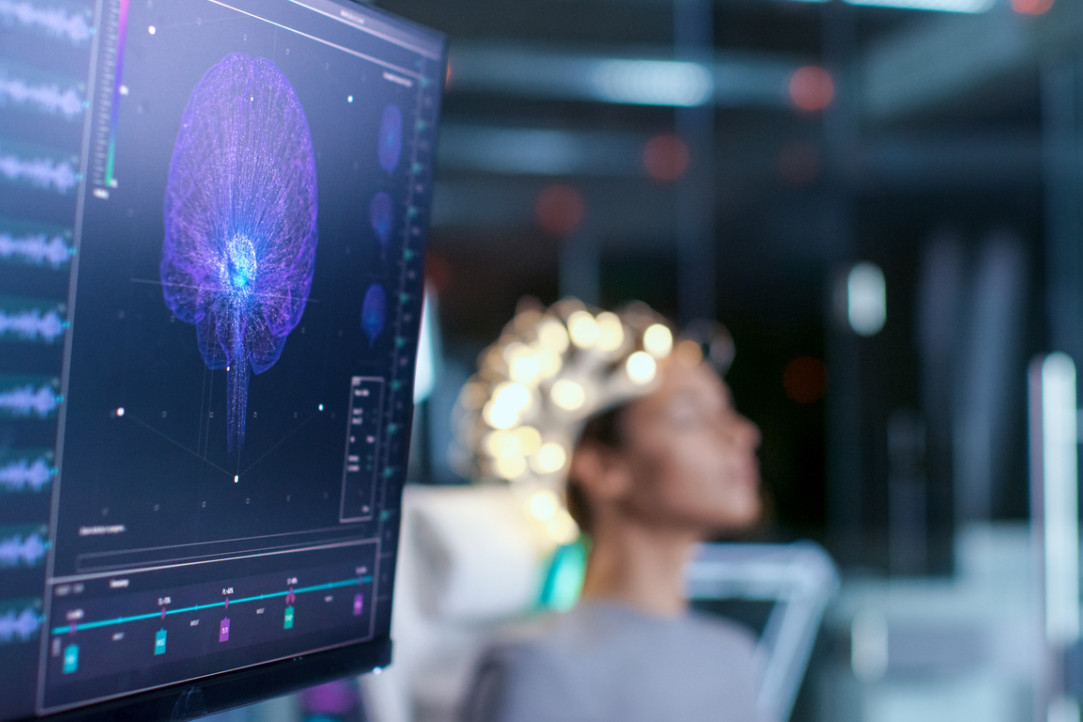
How Bilingual Brains Work: Cross-language Interplay and an Integrated Lexicon
An international team of researchers led by scientists from the HSE University have examined the interplay of languages in the brains of bilinguals. Using EEG data of Russian-English bilinguals, the authors were the first to demonstrate nearly instant and automatic detection of semantic similarity between words belonging to their two languages, suggesting the existence of an integrated bilingual lexicon in which words are activated in parallel in both languages. The study findings are published in Cortex.

HSE Neural Interface Technology to Be Introduced in Hospitals
The Federal Brain and Neural Technology Centre at the Federal Medical and Biological Agency is launching the Laboratory of Medical Neural Interfaces and Artificial Intelligence for Clinical Applications, which has been created by employees of HSE University. Read below to find out about the Laboratory and its objectives.


Registration is open until April 1, 2025